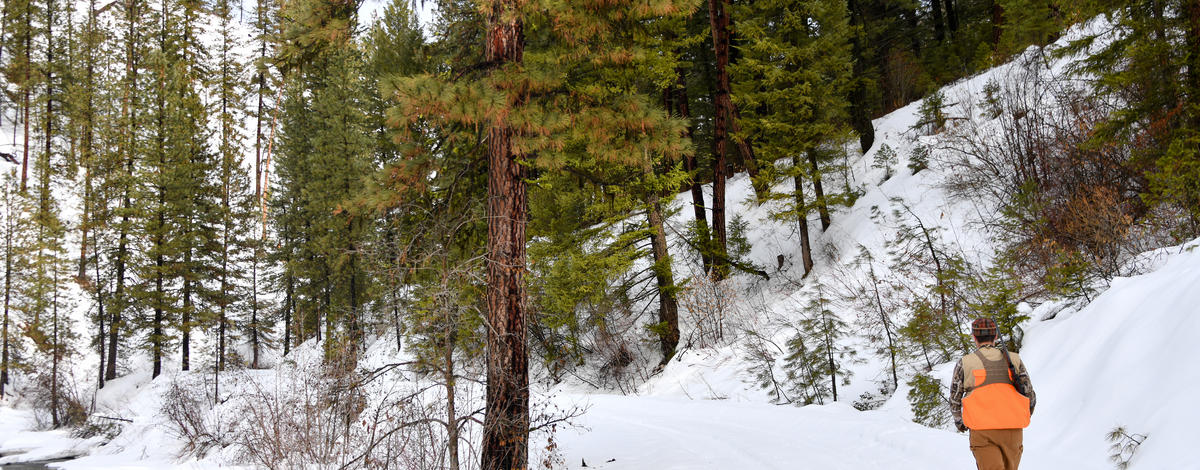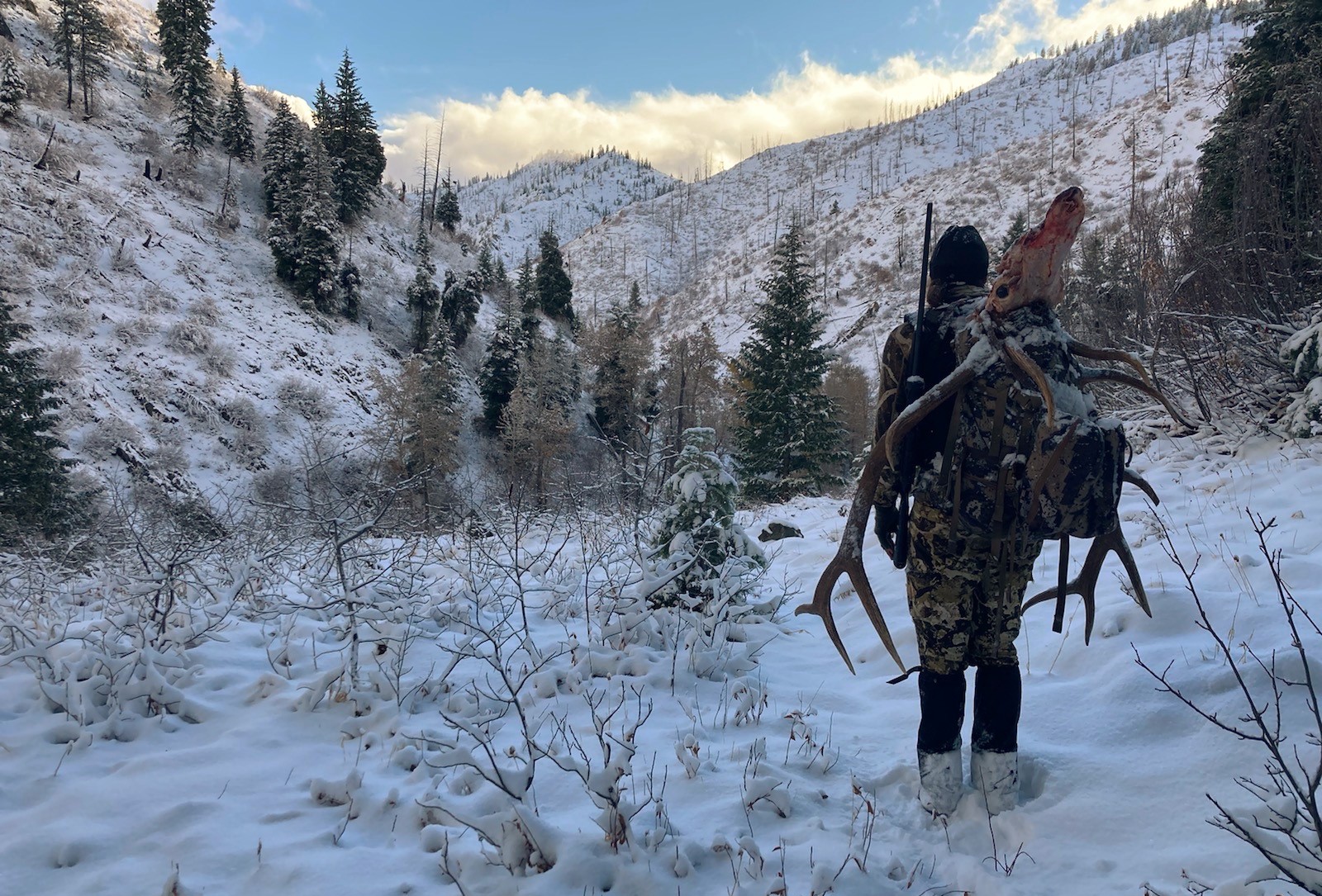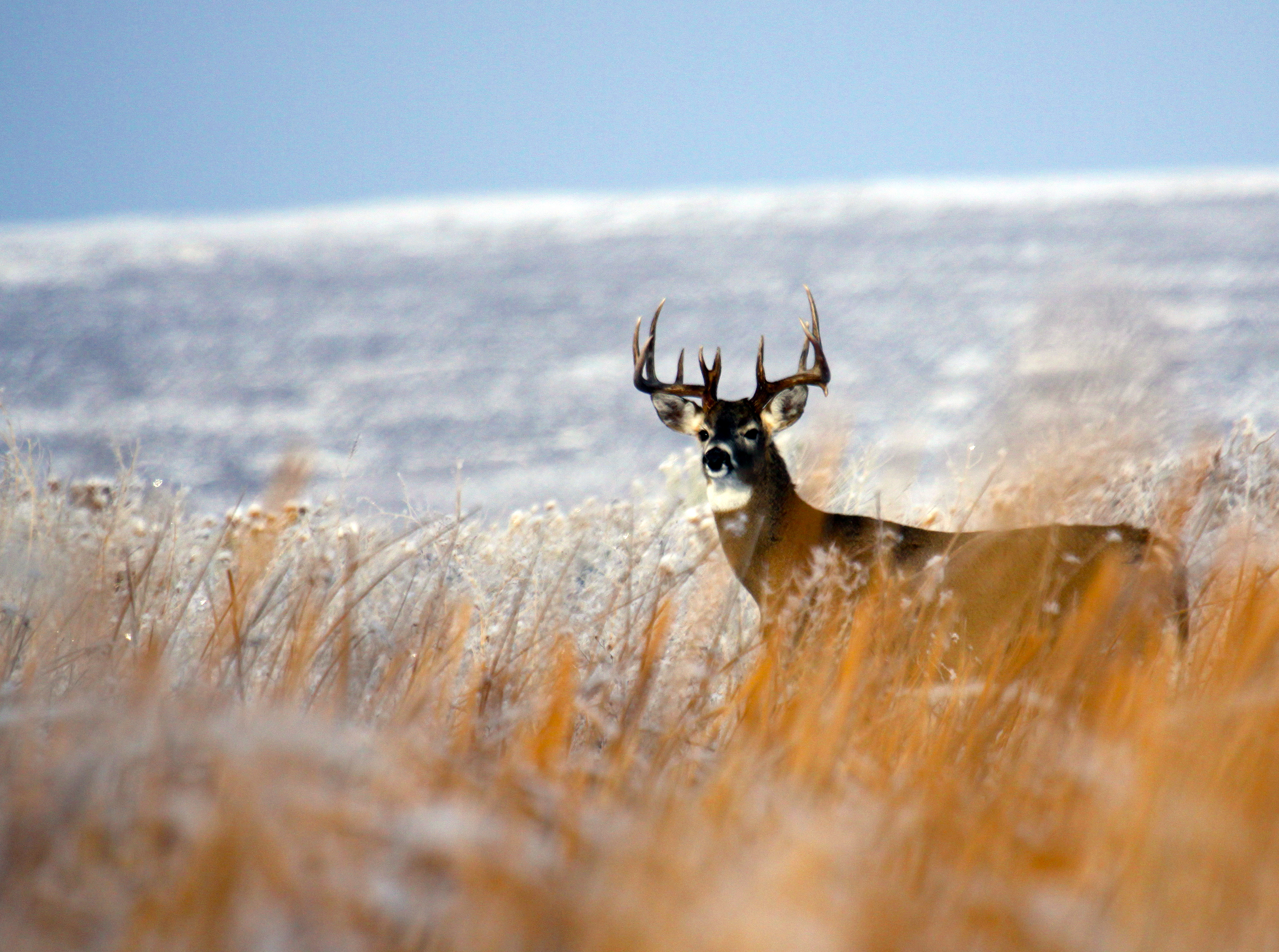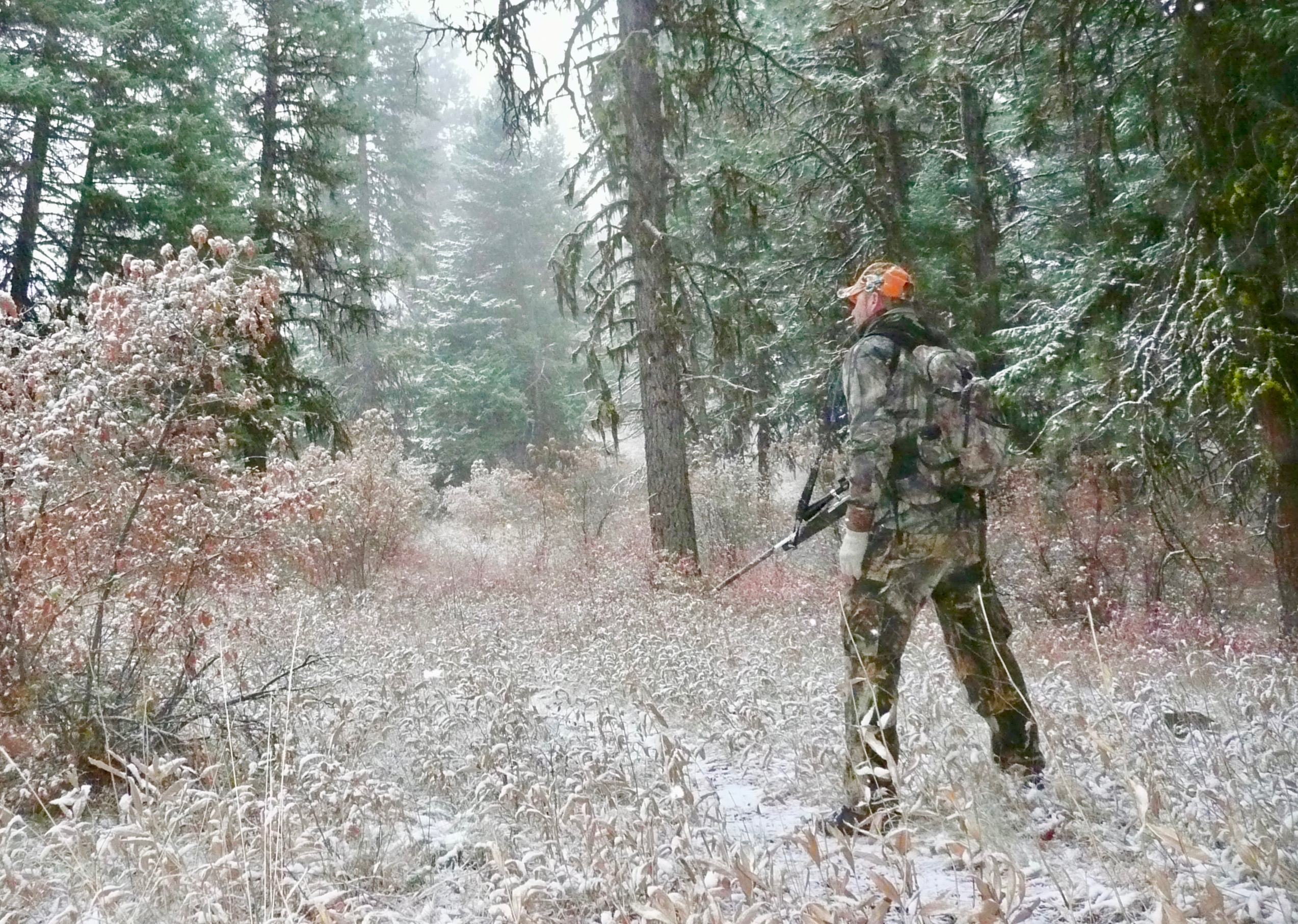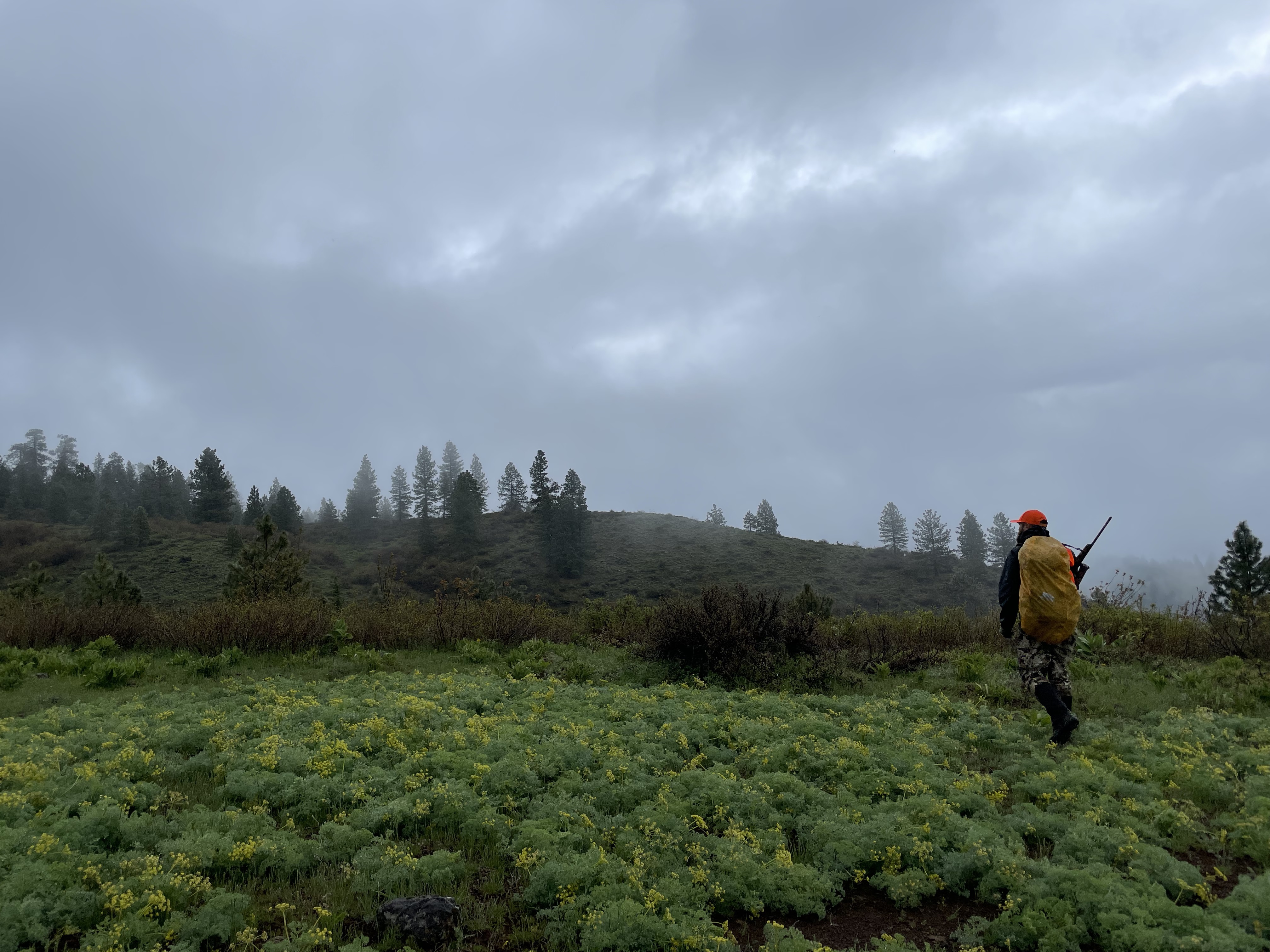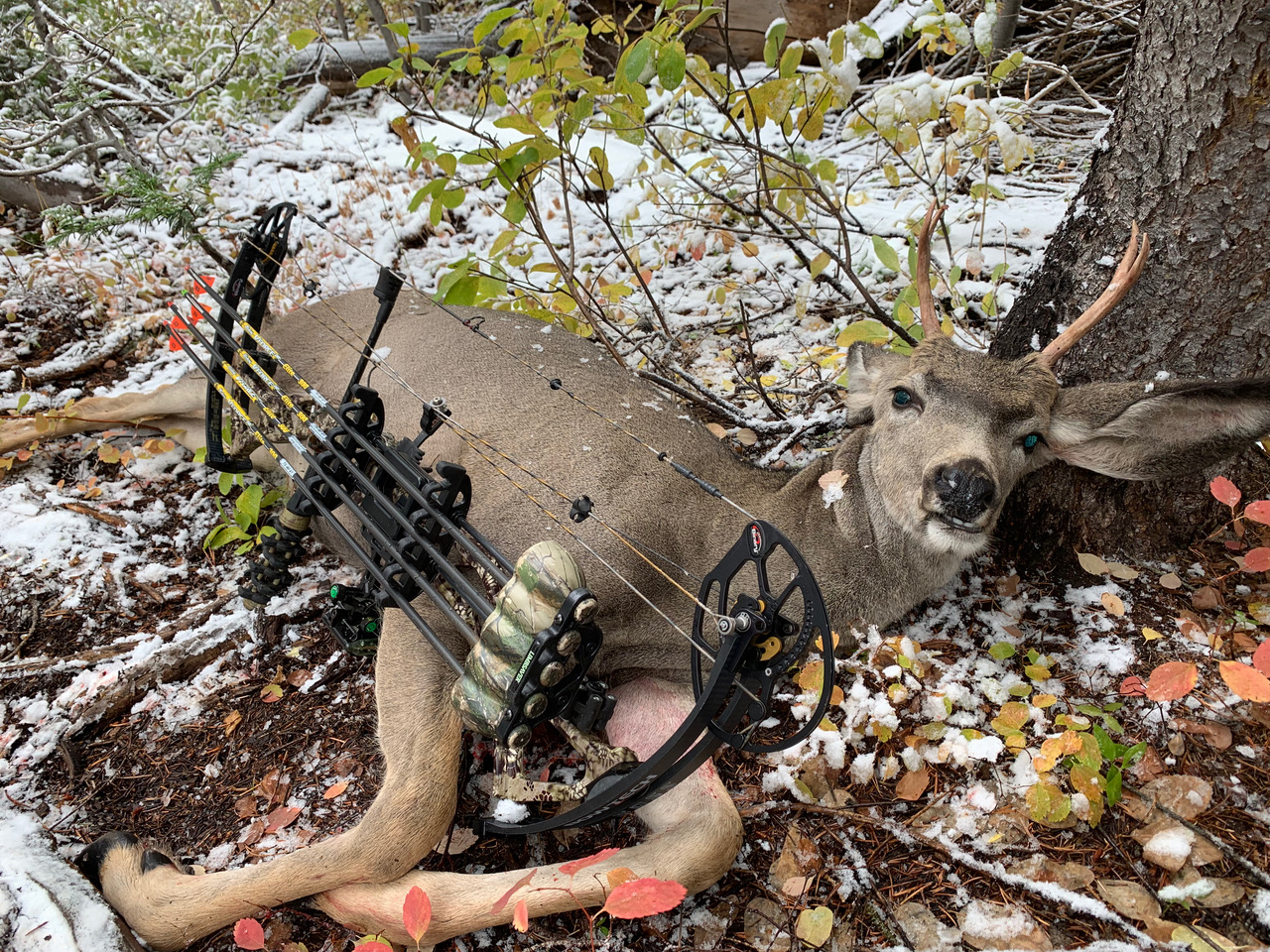Regardless if you’re a greenhorn or seasoned hunter, assessing the weather and dressing accordingly can be a bit of a tightrope walk. Those pre-dawn hours while you’re waiting for the propane stove to fire up might have you reaching for that thick down jacket, but 100 yards into your hike you may be shedding like a husky in August.
Picking the right clothing for a fall hunt is just as important as picking which rifle to shoot or which lunch to pack. Idaho’s unpredictable weather is the butt of many a joke and can hang a person out to dry (figuratively speaking) if they’re not prepared.
As the temperature dips hunting tends to improve, so consider these tips so you can make the most of your hunts regardless of the weather.

